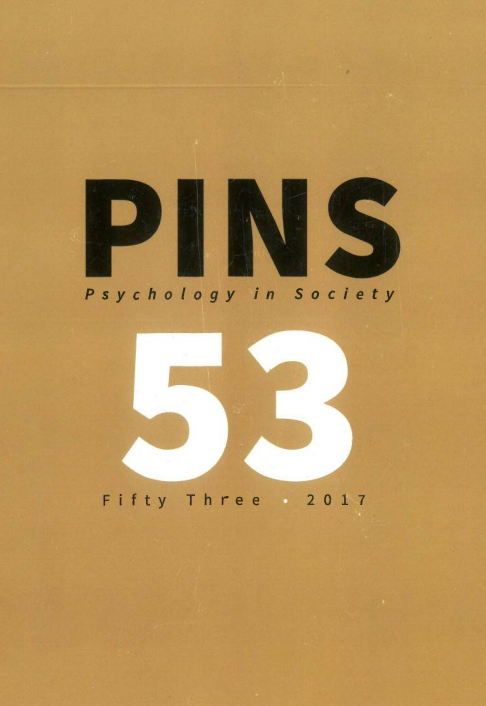Protests, “acting-out”, group psychology, surplus enjoyment and neoliberal capitalism
DOI:
https://doi.org/10.17159//2309-8708/2017/n53a2Keywords:
acting-out, capitalism, discourse, group psychology, jouissance, protests, transferenceAbstract
How should one make sense of the recent student protests across South Africa, which seem to be motivated by grievances relating to various forms of financial exclusion, from registration and tuition fees to costs of accommodation, and later pre-election protests, triggered by competition among would-be party candidates? It appears that Freud and Lacan’s countervailing psychoanalytical concepts of “acting-out” and “transference” cast explanatory light on this variegated phenomenon – the former insofar as it is an index of repressed, unarticulated motives manifesting themselves in irrational behaviour resistant to “analysis”, instead of ethically accountable “acts”, and the latter, on the contrary, designating a process according to which subjects are receptive to, and act (or speak) according to the requirements of “successful analysis”, including the “subject supposed to know”. Cognisance must also be taken of the fact that the protestors constitute(d) groups, and that it should therefore be approached as such in psychoanalytical terms. Recourse to the Freudian notion of “group psychology” is heuristically helpful in this regard. This is augmented by focusing on what has, it is argued, functioned to trigger the protest behaviour, namely neoliberal capital, by way of considering Lacan’s account of capitalist discourse in Seminar 17 – together with its insightful interpretation by Juliet MacCannell – particularly the relation between surplus value and surplus enjoyment.
Downloads
Downloads
Published
How to Cite
Issue
Section
License
This journal is an open access journal, and the authors' and journal should be properly acknowledged, when works are cited.
Authors may use the publishers version for teaching purposes, in books, theses, dissertations, conferences and conference papers.
A copy of the authors’ publishers version may also be hosted on the following websites:
- Non-commercial personal homepage or blog.
- Institutional webpage.
- Authors Institutional Repository.
The following notice should accompany such a posting on the website: “This is an electronic version of an article published in PINS, Volume XXX, number XXX, pages XXX–XXX”, DOI. Authors should also supply a hyperlink to the original paper or indicate where the original paper (http://www.journals.ac.za/index.php/pins) may be found.
Authors publishers version, affiliated with the Stellenbosch University will be automatically deposited in the University’s’ Institutional Repository SUNScholar.
Articles as a whole, may not be re-published with another journal.
The copyright of the article(s) lies with the author(s).
The copyright of the journal lies with PINS-psychology in Society.
The following license applies:
Attribution CC BY-NC-ND 4.0 - https://creativecommons.org/licenses/by-nc-nd/4.0/

